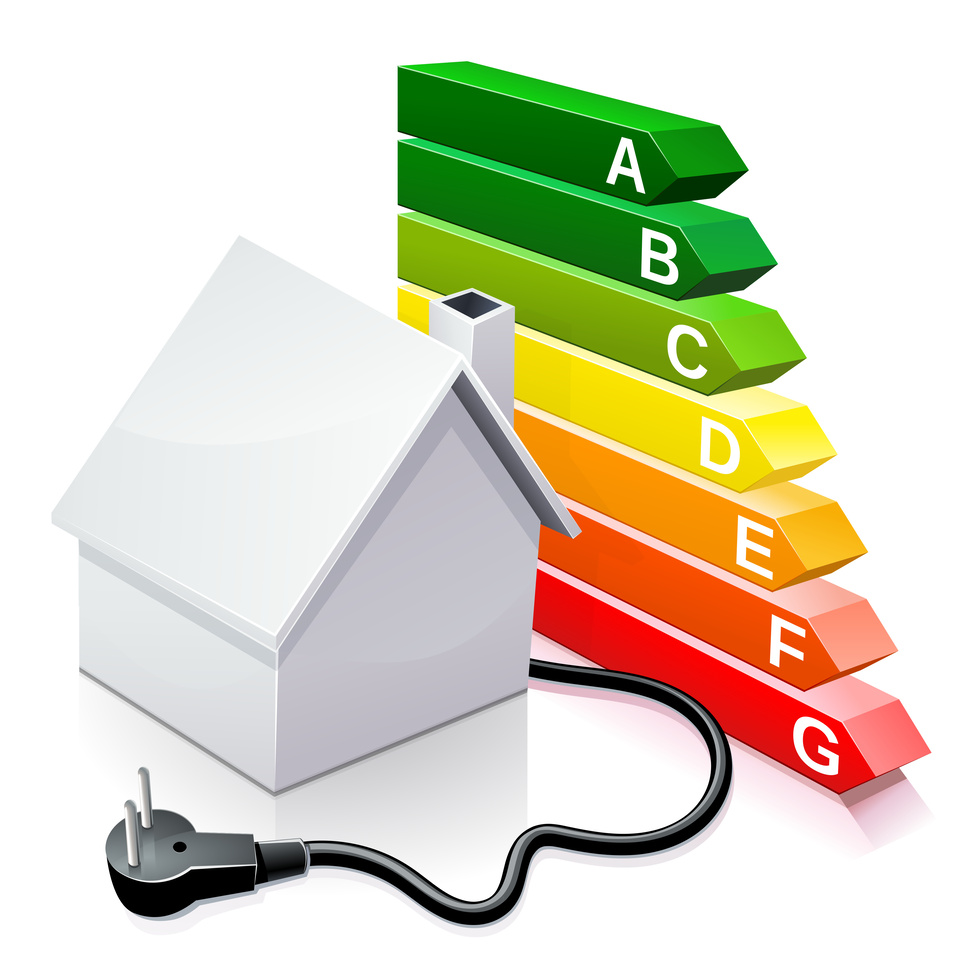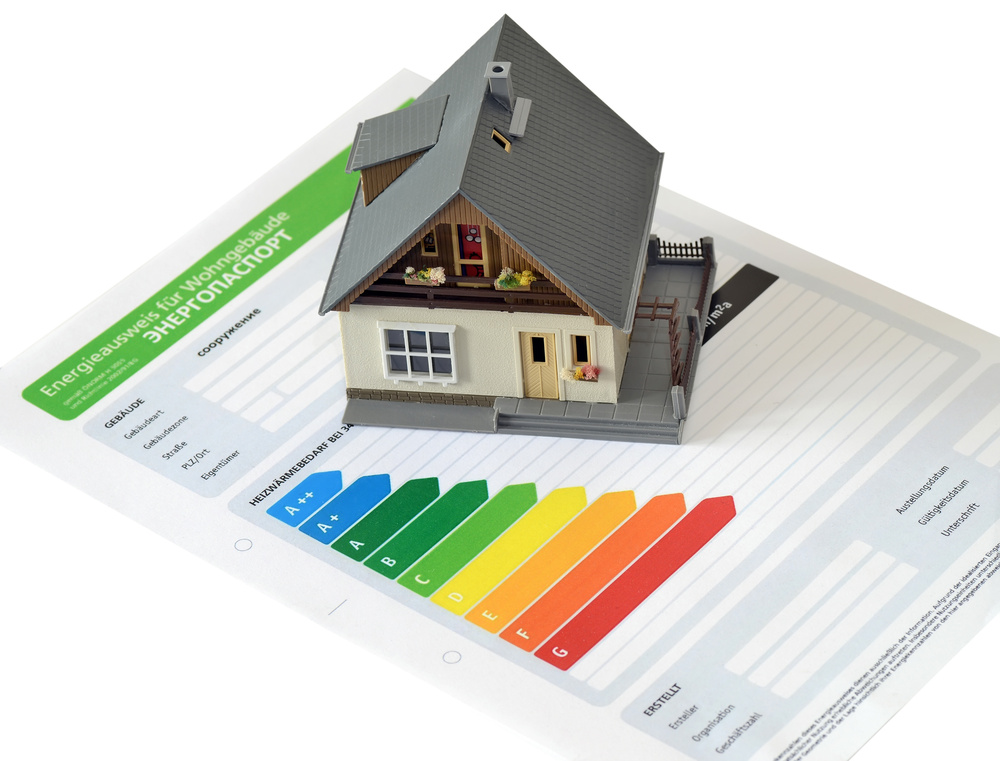00352 - 27 28 15 38 | mycon@mycon.lu
Residential building
Residential building

Residential buildings are those in which more than 90% of the energy reference area is used as living space (alternatively, the "cadastre vertical" of the "règlement ministériel du 21/01/2010 Mémorial A n°9" can be used). The ratio of living space to non-residential space is thus decisive for the classification of the building as residential or non-residential.
When is an energy passport required?
The energy pass is part of every building application at
- New construction,
- Extension or transformation of an existing building
- Existing buildings and old buildings
- Change of ownership (sale, inheritance, donation, auction, etc.)
- Change of tenant (new tenancy, leasing, etc.).
The energy pass is also mandatory for substantial renovations that do not require building permission.

A few exceptions are exempt from the Grand Ducal Regulation and thus also from the energy pass obligation:
- Temporarily constructed buildings (use < 2 years) and
- independent buildings with less than 50 m² energy reference area
- Exception possible for listed buildings
Can the owners in an apartment building refuse to contribute to the costs of the energy pass?
No, because the energy pass is always issued for the entire building, both for single-family houses and apartment buildings. The energy pass must be commissioned by the builder or developer, the current owner or the owners' association, and the latter must also bear the production costs. Furthermore, the original certificate must be handed over to the new owner in the event of a change of ownership. When changing tenants, a (certified) copy of the energy passport must be presented.
If an energy pass is required, all owners must contribute to the costs. Refusal can have civil and criminal consequences.

